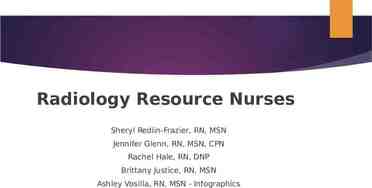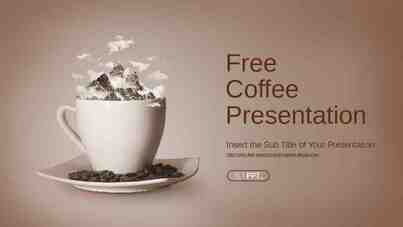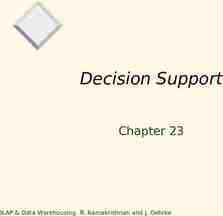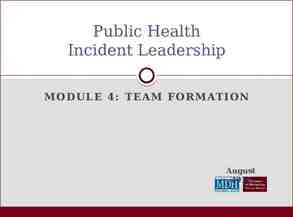Your Vision Board Project Analyze ways to organize your college
8 Slides624.00 KB

Your Vision Board Project Analyze ways to organize your college & career plan to achieve goals.

Purpose: As a class, we will reflect on the Career & College Planning. Next, organize all activities into a 15 step action plan that can be used for both short-term and longterm plans.

Purpose: A vision board is a collage of images, pictures, and affirmations of your dreams, goals, and things that make you happy. It can also be called a dream board or vision map. Creating a vision board can be a useful tool to help you conceptualize your goals and can serve as a source of motivation as you work towards achieving your dreams.

Activity: Once you have brainstormed the 15 step action plan, you will create a “vision board” to help visualize your goals to ultimately inspire and encourage you to meet your goals!

Step 1: Mapping Your Visions For this project, you are required to have: – 10 Long-term Goals – 5 Short-term Goals The first step to working towards this project is to “map” your visions into a 15 step action plan.

Step 2: Use Empowering Statements! For each of your long and short term goals, create a statement of intention that will serve as a caption for each image on your vision board. An example would be “I am planning to attend Penn State and major in Accounting.”

Step 3: Planning & Organizing Your Board Use Microsoft Word or PowerPoint to create the Vision board. Organize your images out the way you would want the events to happen. Try and cover your whole page with images like a collage. Include 2-3 images for each goal. Keep in mind the 15 step action plan.

Step 4: Presenting to the class Include a Works Cited from all sources used for the project. Grading rubric for presentation (25 pts.) CATEGOR Y Purpose 5 pts. Accuracy of Facts 5 pts. Voice Inflection/ volume 2 pts. Questions 2 pts. Works 5 3 1 0 Presenters establish a purpose of the presentation at the beginning and maintain focus throughout. Presentation concludes with the purpose. Cohesive presentation. All supportive facts are reported accurately and summarized well. Presenters use examples and clearly demonstrate their understanding. Purpose is established in the beginning but occasionally wanders from that focus. Purpose may be loosely stated at the conclusion of the presentation. The purpose of the presentation is somewhat clear but many aspects of the presentation seem only slightly related. It was difficult to figure out the purpose of the presentation. Almost all facts are reported accurately and summarized well. Presenters may occasionally become disorganized in presentation. Several inaccurate facts are reported and/or summarized in an unorganized manner. Many inaccurate facts are reported and the article was not summarized well. Speaks clearly and distinctly all of the time and mispronounces no words. Inflection/tone of voice grabs and maintains audience attention throughout presentation. Presenters offered answers supported by facts following peer questions. Speaks clearly and distinctly all of the time but mispronounces 1 or more words. Inflection/tone grabs audience attention, but may wane. Speaks clearly and distinctly some of the time and/or mispronounces several words. Inflection/tone sounds as if presenter is reading from script. Does NOT speak clearly and distinctly most of the time AND/OR mispronounces many words. Presenter speaks in monotone voice. Presenters offered answers with little factual support following peer questions. Correct answers were not fully given by presenters. Answers could not be given in response to peers comments. All sources are accurately All sources are accurately All sources are accurately Some sources are not accurately






